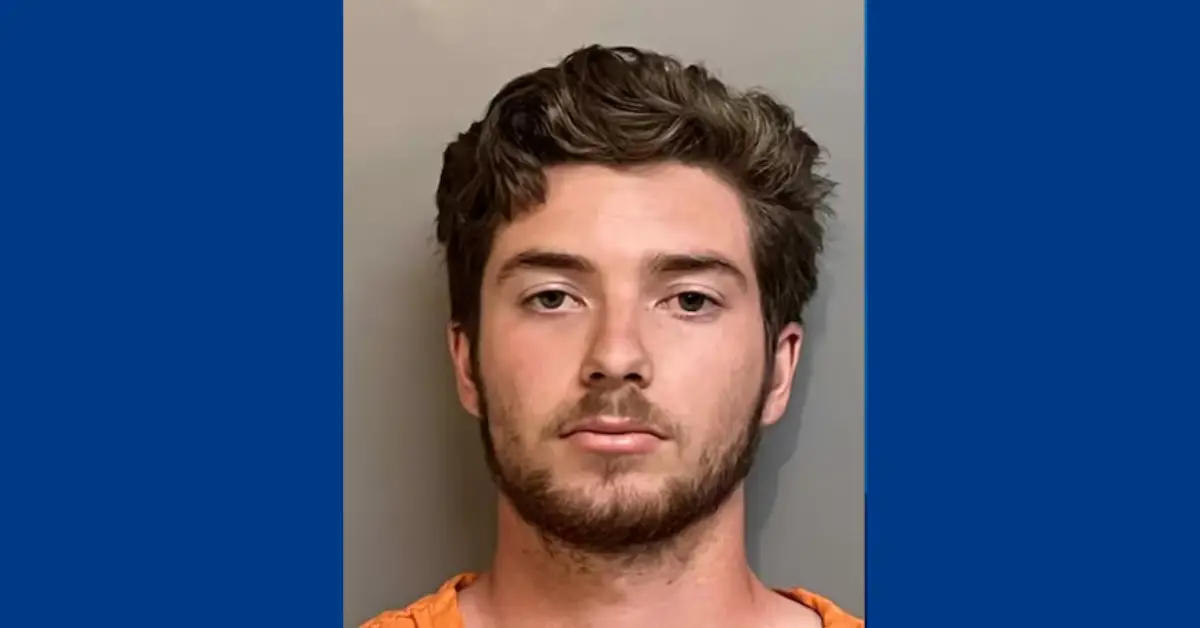In many local communities, the issue of missing children often gets buried under other news. But for one youth counselor, it is a topic that needs urgent attention. She has spent the last few years working with young people and families, and she says the signs are always there—but most people just don’t see them.
The counselor, who works with both schools and families, says children don’t usually vanish overnight. Most of the time, there are clear warning signs—emotional distress, changes in behavior, sudden silence, or avoiding friends and family. In many cases, it starts at home or school, where the child feels unseen, unheard, or unsafe. According to her, “Kids don’t run away just because they’re bored. They run because they’re hurting.”
She says the reasons why children go missing are often complex. It could be family problems, abuse, online manipulation, peer pressure, or even trafficking. The counselor believes many parents don’t know what their children are going through emotionally. With today’s smartphones and social media, kids are exposed to strangers every day, and they may be talking to someone dangerous without even realizing it.
One of the biggest concerns she raises is about online grooming. This is when someone builds a fake relationship with a child online, gaining their trust slowly. They may pose as a friend, another teen, or even someone helpful. Over time, they can convince the child to meet them in person—or worse, manipulate them into dangerous situations. The counselor says, “By the time parents find out, it’s often too late. We need to talk about this openly at home and in schools.”
She also points out that missing child cases are not limited to any one group. “It happens in cities and villages, to rich and poor, boys and girls. The danger is everywhere,” she says. She wants the public to stop thinking of it as something that only happens in movies or to someone else.
To bring attention to this issue, the counselor has been hosting small awareness sessions at schools, community centers, and even local parks. These sessions talk about real-life cases, teach kids how to stay safe, and guide parents on what signs to look out for. She says she often sees shocked faces in the room when she shares how quickly a situation can go wrong.
In one case, she shares the story of a 14-year-old girl who was chatting with a stranger online. The person pretended to be a 16-year-old boy but turned out to be a 35-year-old man. He convinced her to leave home and meet him. Luckily, the girl was found by local police within 24 hours, but the emotional damage lasted much longer. The family never thought it could happen to them.
The counselor believes that one of the best ways to fight this issue is by spreading awareness before something happens. She says, “Once a child is missing, the race against time begins. It’s better to prevent than to search.” That’s why her mission is to educate as many families and children as possible.
She encourages parents to regularly talk to their kids—not just about homework or chores, but about how they’re feeling, what’s happening in their friend circle, and who they talk to online. She also advises schools to include safety lessons in the classroom, so kids learn to spot red flags early.
The counselor also wants the government and police to work more closely with schools and NGOs. “There are so many departments doing small things, but they’re not always working together,” she says. She believes a united effort could save many more children from vanishing.
There’s also a strong need for more support for families whose children do go missing. In many cases, families are left alone to deal with police procedures, public judgment, and emotional trauma. She hopes more NGOs and government programs will step in to offer help.
In her sessions, she also tells children what they should do if they ever feel unsafe—whether it’s calling a trusted adult, reaching out to a teacher, or using child helplines. “We tell them it’s okay to ask for help. Being safe is not something to be ashamed of.”
Her message is simple but powerful: Every child deserves to feel safe. And every parent, teacher, and community member has a role in making that happen.
As she continues her mission, the youth counselor hopes more people will join her efforts. She knows she can’t stop every case, but if even one child stays safe because of what she taught, then all her hard work will be worth it.




